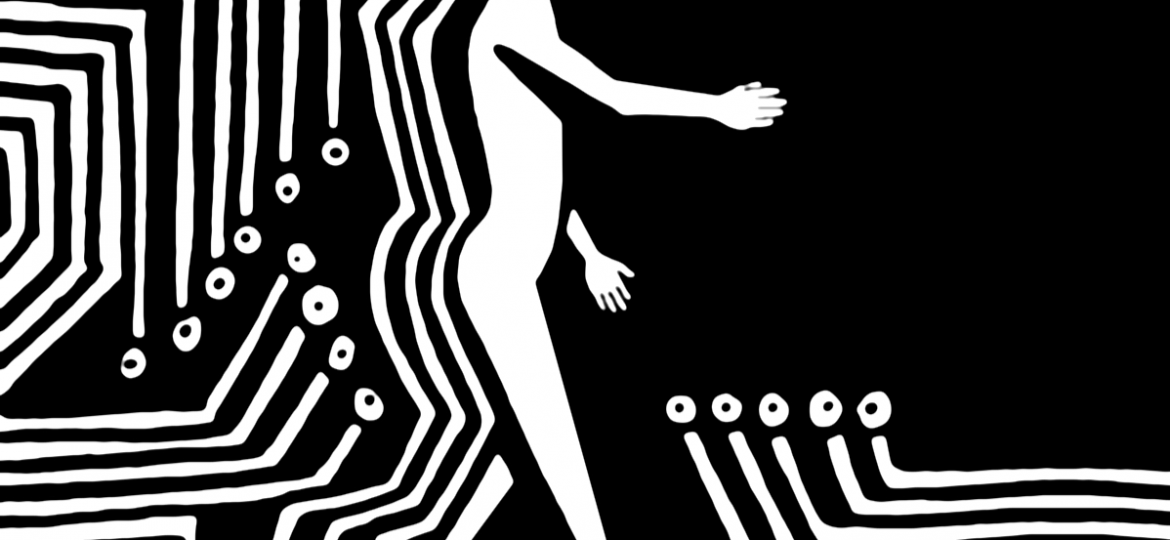
“Hi, this is Kailey,” I would say in an overly-peppy voice time and again. “How can I help you?” While my high school friends were lifeguards and babysitters, spending their vacations in the Illinois humidity and summer sun, I was in an air-conditioned office picking up phone call after phone call. For many summers, I worked as a receptionist at my dad’s law firm.
“Wow,” a prospective client would occasionally respond. “I wasn’t expecting a person on the other side of this line.” This answer, while rare at the time, was one that always caught me off guard. It was as if this client was gearing up to respond to some automated bot. Yet only a few years have passed and I now expect to hear a tinny, passionless voice whenever I call customer service.
I hear it all the time: “robots are taking over the world.” And, as someone currently working in the newspaper business, I see the validity of the computers-equal-doomsday argument. With every new invention comes widespread panic that, oh no, technology will replace people if we don’t put an end to it. This age-old debate existed through the industrial revolution and invention of the cotton gin and the assembly line and the computer.
We see this argument in media. “Her” depicts an operating system substituting the female lead in a romance drama. “I-Robot” follows Will Smith’s lifelong battle with his city’s “helper robots.” Even “Wall-e” reveals a world in shambles and humans incapable of saving the day. While I believe these films have some truth in them, I am not buying into the robot apocalypse.
Take, for instance, the experience of automated telephone assistance. We have all been there, making a “quick call” that ends up taking 45 minutes, two aspirins for a splitting headache and a hand cramp from pressing the pound button so many times. By the end of the call, we have accomplished nothing except swearing to ourselves that we will never again become frustrated with a call center employer.
As humans, we are naturally on the human side of the human-versus-robots debate. We each long for human connection, even in something as simple as a customer service call. So, will robots end up replacing people? It’s more complicated than that…
In early 2018, MIT Technology Review began keeping track of statistics from different groups about predicted job losses (and gains) at the hands of automation, robots and artificial intelligence. Their findings? Inconclusive. Although the best economic and technological minds in the world came together to track these statistics, nobody could agree on how many jobs will actually be lost or gained from technological progress.
There are some areas, specifically labor and manufacturing jobs, that will likely be replaced through the technological revolution. This replacement, due to efficiency alone, is inevitable. But with human-centered jobs, social interactions are at the base of an exchange of goods and services. Until we can program a realistic human-like grasp of emotions in robots, humans can keep their jobs. Until robots can convincingly answer the phone and solve our customer service needs without a headache and hand cramp, there will still be human receptionists. Until this point, worrying about that dark, doomsday path we might be heading down where robots will take over our jobs and the world is pointless.
favaro1@stolaf.edu
Kailey Favaro ’20 is from Crystal Lake, Ill. Her major is English.

